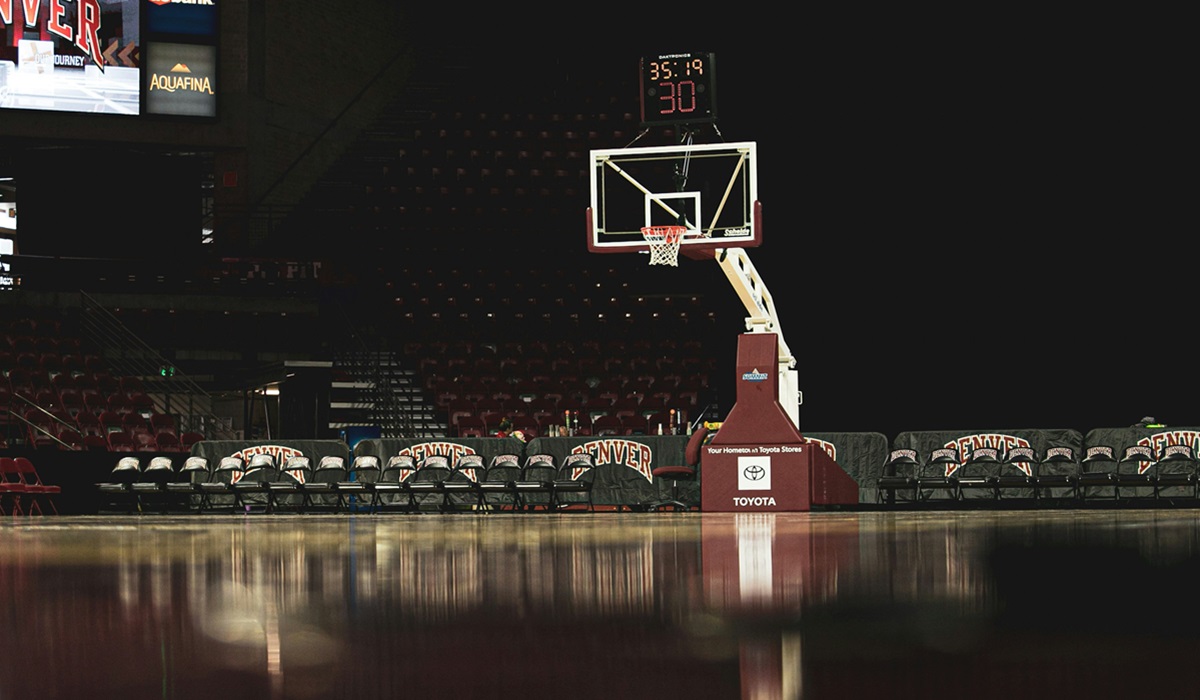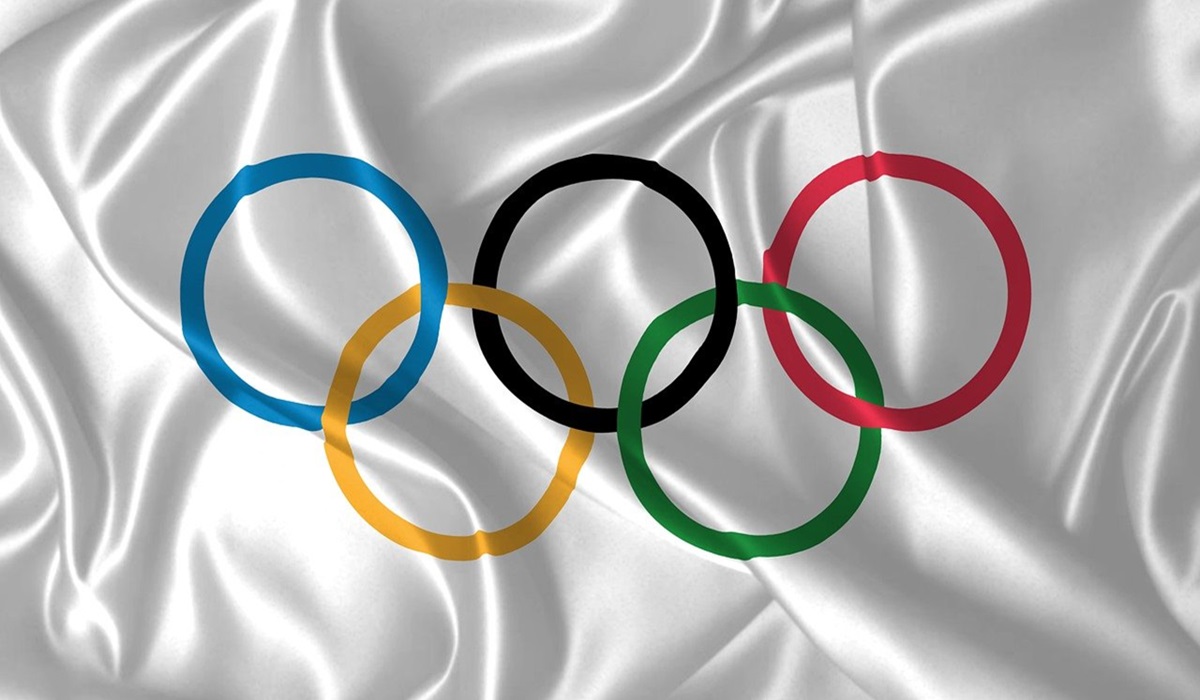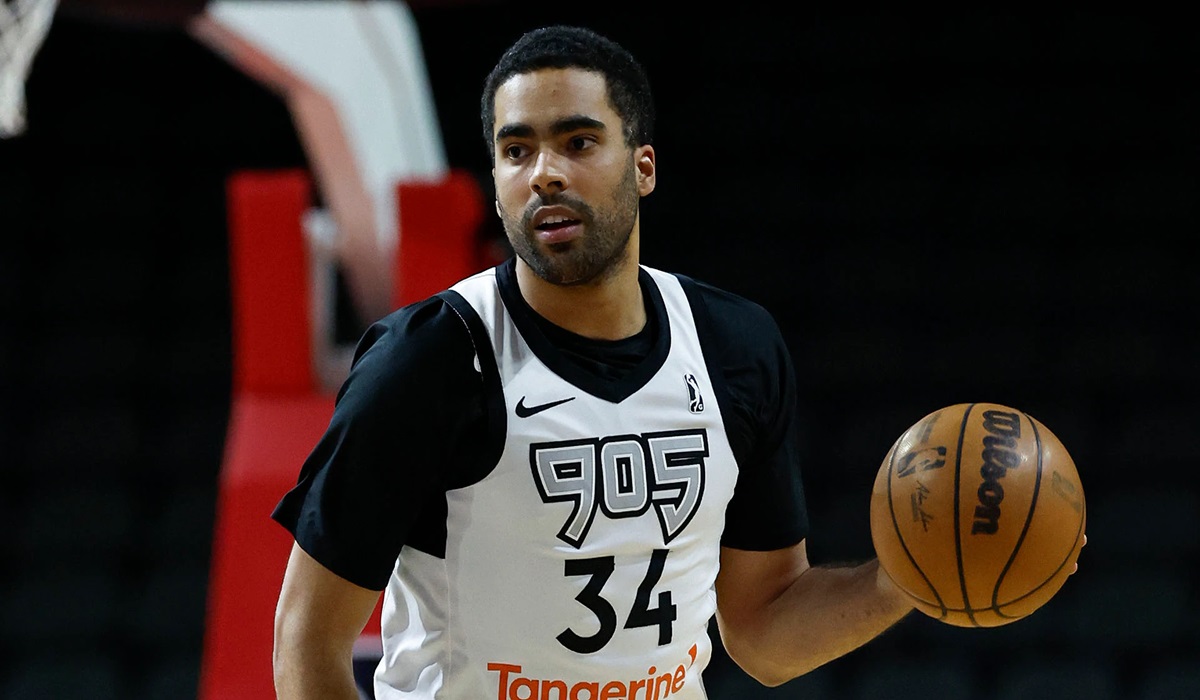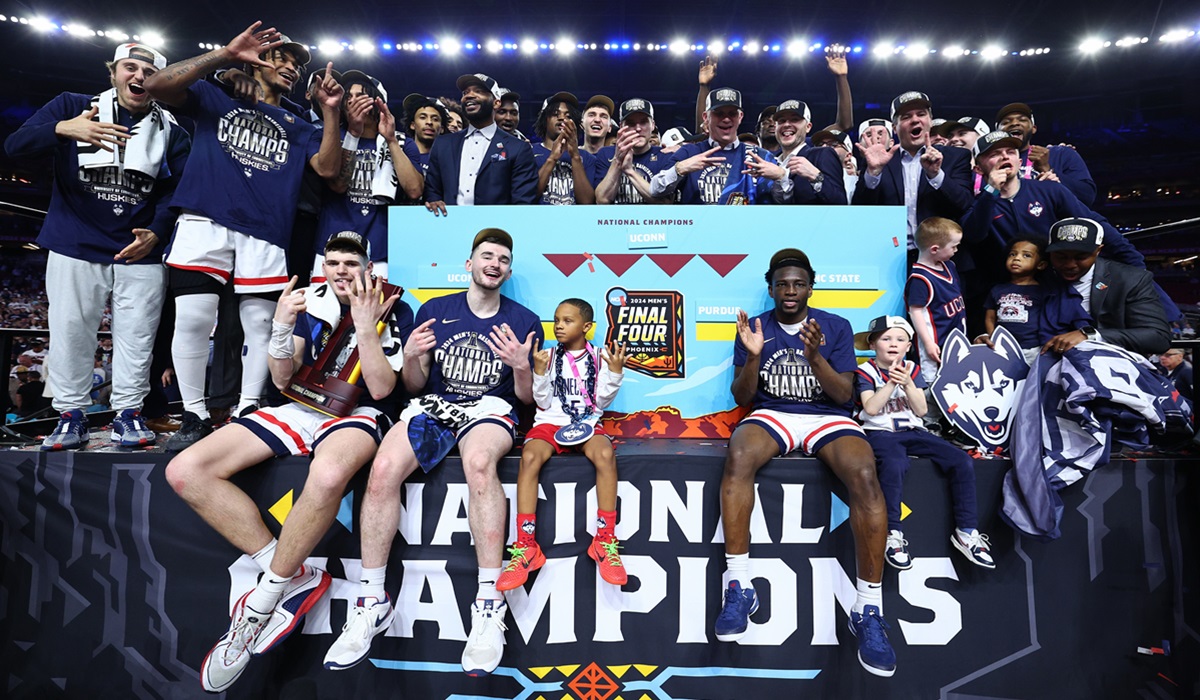The Multimillion-Dollar Salaries of Sports Commissioners: A Controversial Reality
- Kingston Bailey
- Sports
- October 30, 2023
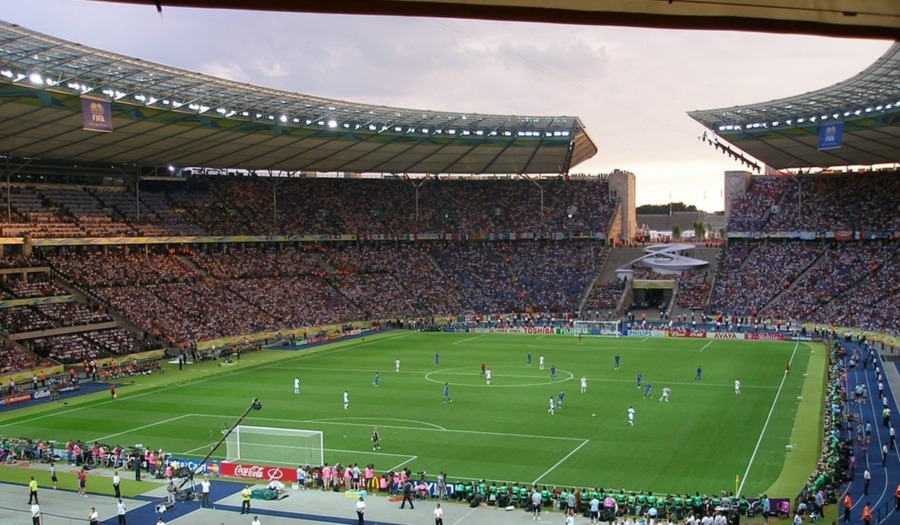
Professional sports have long been synonymous with eye-popping contracts and soaring salaries, both for athletes and those in leadership positions. While star athletes often command hefty paychecks, the commissioners of major sports leagues, such as the NFL, NBA, MLB, and the Premier League, are not far behind in the race to the bank. With annual earnings exceeding $25 million, luxurious perks, and private jets at their disposal, the salaries of these commissioners have raised questions about equity and fairness in the world of sports.
These top executives, charged with overseeing the operation and growth of their respective leagues, often earn as much as or even more than some of the athletes who entertain millions of fans. This imbalance has sparked discussions about the justifiability of such significant pay gaps between commissioners and the players they govern.
Critics argue that the vast financial disparities between commissioners and athletes are emblematic of broader economic inequalities within sports. At the same time, commissioners’ salaries are determined and approved by league owners, and players’ earnings are influenced by market demand and collective bargaining agreements. The question arises: is it fair for a commissioner to earn more than the very athletes who are the heart and soul of their leagues?
Proponents of high commissioner salaries contend that the role of a commissioner is more than just a figurehead position. These leaders are tasked with managing multi-billion-dollar organizations, making crucial decisions about league rules, expansion, and media rights, and maintaining the financial health of their respective sports. The intense scrutiny and responsibilities that come with the job justify the exorbitant salaries, according to their defenders.
Ultimately, the commissioners’ salaries are a matter of supply and demand. In a world where professional sports generate staggering revenues and engage millions of fans, their remuneration may appear excessive to some, but it reflects the value they bring. Owners of sports franchises, who benefit from the commissioners’ expertise in driving their investments, are often willing to pay top dollar to secure the best talent for these executive roles.
Ongoing discussions surrounding commissioner salaries underscore the intricate web of economics and politics within professional sports. The intricate dynamics involving commissioners, athletes, and league owners illuminate the challenges of establishing equitable compensation in an industry heavily influenced by success, popularity, and market forces. This ongoing discourse reveals the complex interplay of economic and political forces that shape the landscape of professional sports.



